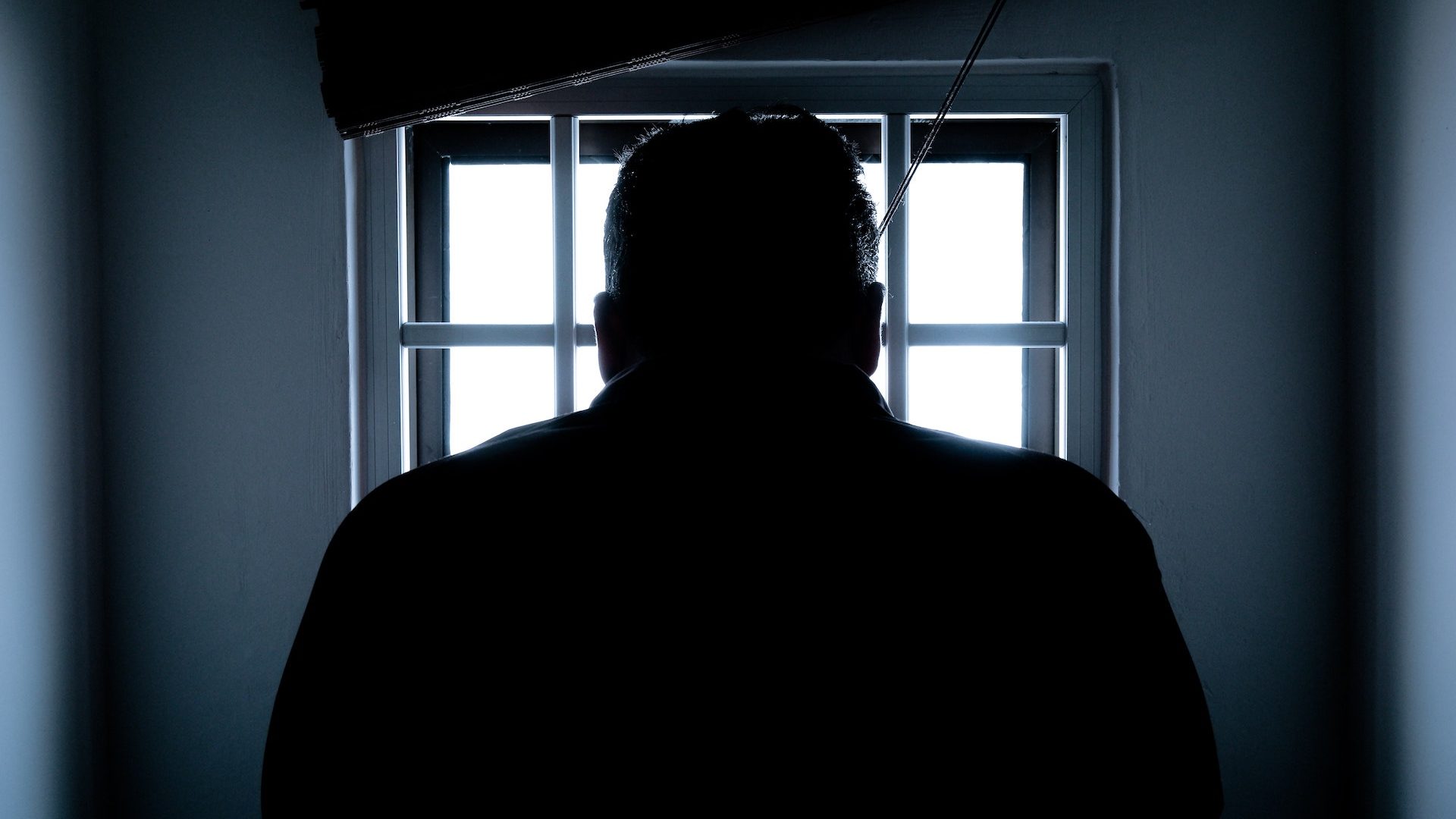Hamed was a pizza shop manager before the pandemic. Government delays meant he had months without a visa, during which time he applied for multiple jobs but he was told he couldn’t be hired.
“This application costs £10,000,” Hamed said. “I don’t have £1,000. How am I supposed to get £10,000?” It currently costs £1,048 per person to renew limited leave to remain for two and a half years, and then there are extra healthcare charges costing hundreds of pounds. For a family of two adults and two children, it costs £9,662 every 30 months, according to Praxis.
With the charity’s help, Hamed’s visa application has now been approved and he is working a part-time job. But months of unemployment has taken its toll.
“This is very stressful,” Hamed said. “At that time, I didn’t have a job, so I had to take universal credit, but it’s not enough.”
The cost of living crisis is impacting his family too – every supermarket shop he counts the food he is putting in his trolley to make sure he is not going over budget. In the last three months, the cost of his groceries has doubled.
While Hamed is getting universal credit, many of the people who Praxis supports are ineligible for welfare benefits because of the “no recourse to public funds” condition. This means they have no safety net to fall back on in the case of a job loss.
Advertising helps fund Big Issue’s mission to end poverty
Charities including Praxis are “deeply concerned” that thousands of people making their homes in the UK will be left at risk of destitution and homelessness this winter.
Hamed is still on the 10-year route to settlement, and in two and a half years time will have to apply again.
“I feel like maybe this is my punishment because I live here with my children and I’m on the 10-year route,” he said.
Anna, a campaigner with lived experience of the 10-year route to settlement, said: “Having to pay ever increasing visa fees for so long pushes people to the extreme.
“We work long hours, we are never home with our family, we can’t provide for our children, we are demoralised, and at the end of the day we are not even sure our application will be successful. It’s psychological torture.”
The Home Office process approximately 800,000 each month, and a spokesperson said staff are working “tirelessly” to deal with record demand.
Advertising helps fund Big Issue’s mission to end poverty
They added: “People applying for a visa extension have the right to work while their application is being considered. Our staff are working hard to consider visa applications, which have bene impacted by the pandemic and Putin’s invasion, and have increased staff numbers by more than 1,200 since April 2021.”
Praxis is launching a campaign calling for shorter routes to settlement for people with families in the UK and those like Hamed who have already spent a long time in the country.
Josephine Whitaker-Yilmaz, Praxis’ policy and public affairs manager, said: “Ultimately, at a time when the cost of living is rising rapidly, government policies are pushing people whose futures are in this country into serious financial hardship.
“And we know that this will have lasting detrimental consequences for their ability to live their lives, look after their families and feel a part of their communities. A simpler and fairer system would benefit everyone.”
Your support changes lives. Find out how you can help us help more people by signing up for a subscription
Hamed is supportive of the campaign and said he would like to speak to someone in the government and tell them his story.
Advertising helps fund Big Issue’s mission to end poverty
He said: “From my heart, I can tell them to make it easy for people. Don’t make it hard. We are part of this country. We are living here. We are residents. All of my children were born here. But we still have this stress.”
Anna added: “We want to work, to provide for ourselves and for our families, to be part of our communities, but having to make this applications again and again and to pay these fees for such a long time pushes us to the limit.
“And if we cannot live with stability, how can we raise balanced children, how can we protect them, how can we contribute to our communities? Pushing us into this state of mental torture has a knock-on impact on the whole society.”
Get the latest news and insight into how the Big Issue magazine is made by signing up for the Inside Big Issue newsletter









